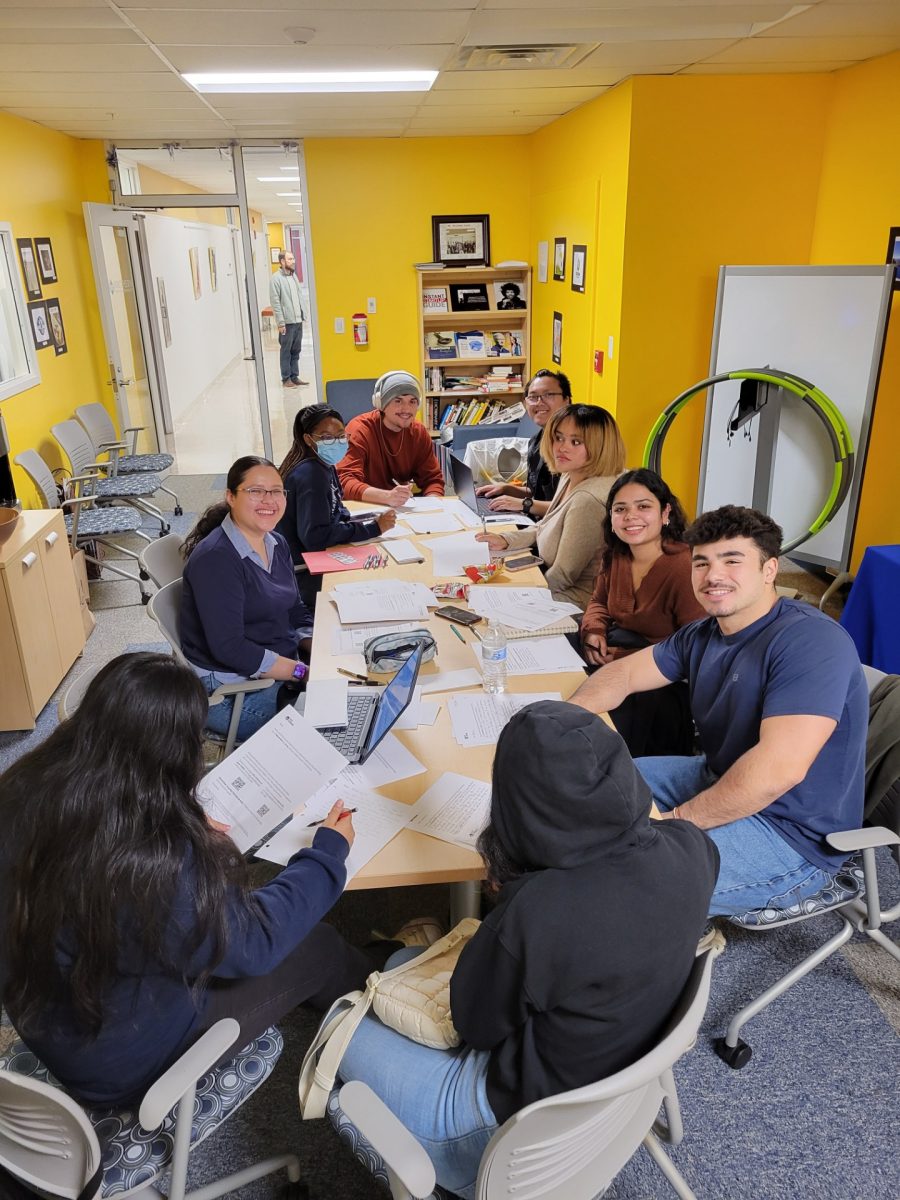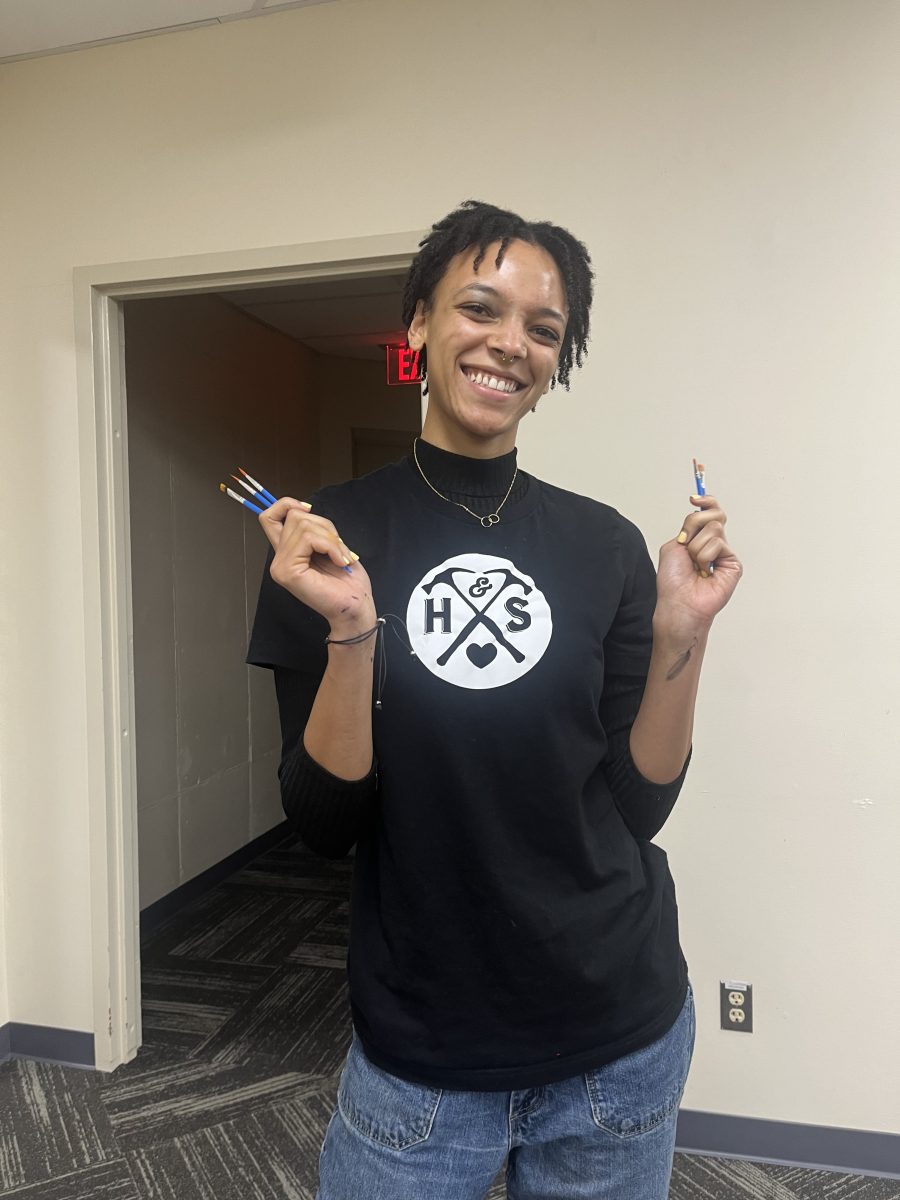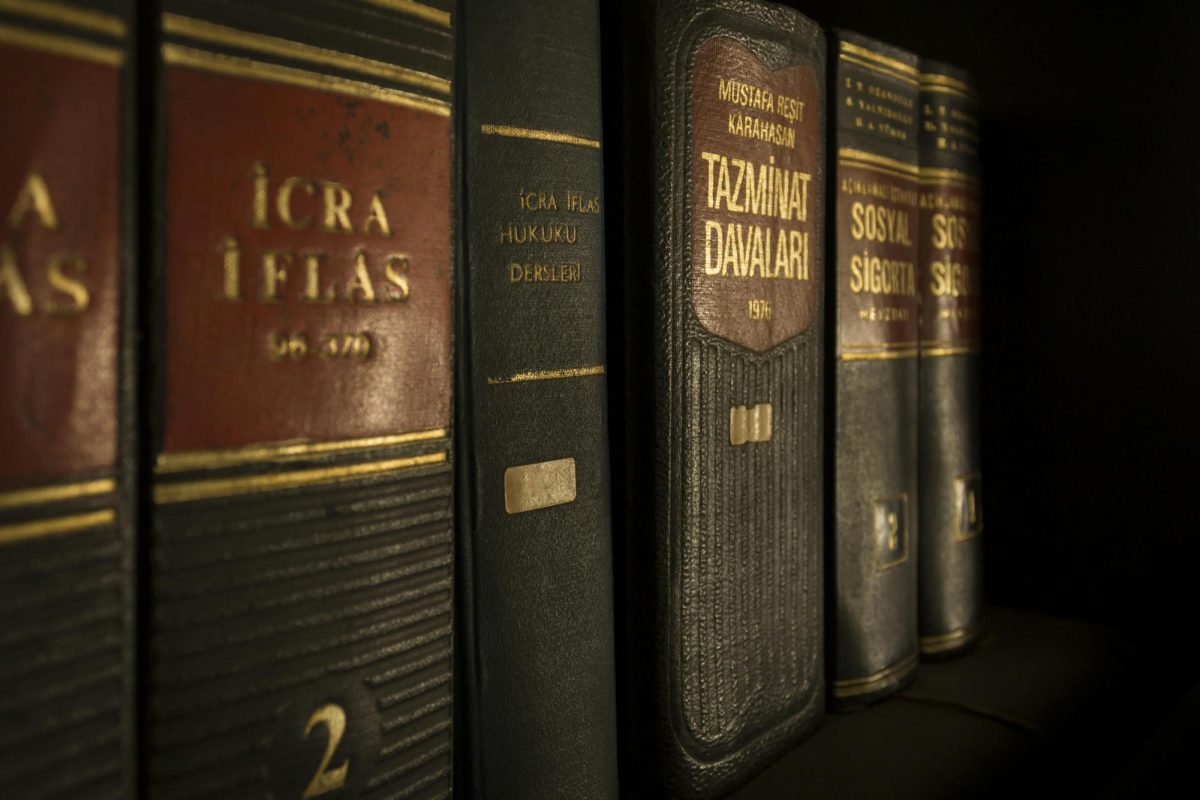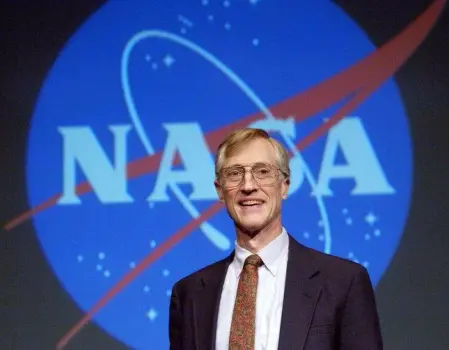Written by Ashley C Neyra
Dr. John C. Mather, Nobel Prize winner and a key figure in the development of the James Webb Space Telescope, visited Montgomery College’s Germantown campus on Oct. 23 to discuss the remarkable journey of the telescope’s creation.
Montgomery College President Jermaine Williams welcomed Mather and over 80 attendees, including students and space enthusiasts, to the event. Mather was invited by STEM instructors, more specifically the physics department, to speak at MC. The department vice president and provost, Muhammad Kehnemouyi of the college-wide STEM unit, hosted the event.
The event was part of the Nobel Laureate Speaker Series 2023. The Office of the Vice President and Provost, Germantown Campus, and Collegewide STEM Units sponsored and made arrangements for the event. They have invited three other Nobel Prize winners in physics to come speak at the Montgomery College, Germantown campus this fall semester.
Mather shared his inspiring role in bringing the James Webb Space Telescope into existence. He was proud of creating a tool that allows people to further understand the universe.
During his years at the University of California, Berkeley, Mather honed his skills, and a few years later, he presented his thesis. His work on the telescope culminated in the Nobel Prize, recognizing his invaluable contribution to our understanding of the universe. Maher stresses the telescope will also help scientists at NASA, emphasizing the telescope is essential for advancement in space exploration.
“If you are us at NASA, we say how we will make it work,” he said.
The James Webb Space Telescope, often dubbed the “Hubble’s successor,” is renowned in astrophysics because it unveiled unprecedented images of the cosmos. For example, the telescope allows scientists to see black holes and unknown galaxies.
“The telescope was meticulously designed by a team of over 20,000 experts to capture the light from celestial bodies that have journeyed light-years into our past,” said Mather.
Mather emphasized the importance of seeking knowledge and going after discoveries in the world of science, including as a student. Born in Roanoke, VA, he later moved to New Jersey with his family where he had limited access to resources. However, a bookmobile visited his remote community monthly, so science books quenched his thirst for knowledge.
STEM is a popular choice of majors for MC students. In the most recent compiled data about student majors, almost 6,000 students were enrolled in STEM programs in 2019.
MC offers a General Studies STEM degree, and students can also major in a STEM area, like biological science, engineering, and physics. STEM programs also include certificates in data science and technical writing.
“We can travel as far as we want with our imagination,” he said. He urged students to dream and explore the limitless potential of scientific discovery.
For MC students and science enthusiasts, Mather’s visit is a testament to the power of curiosity and perseverance. Like Mather, the physics department and organizers hope students will now shoot for the stars.


















